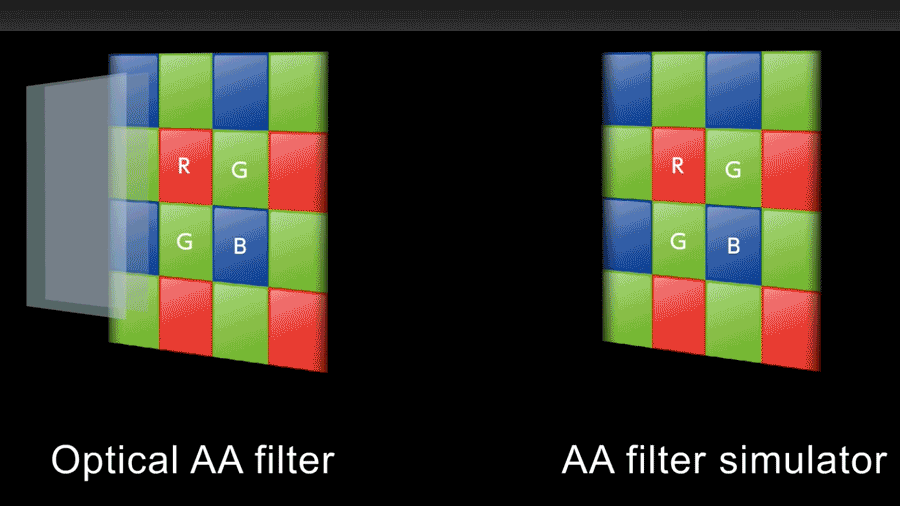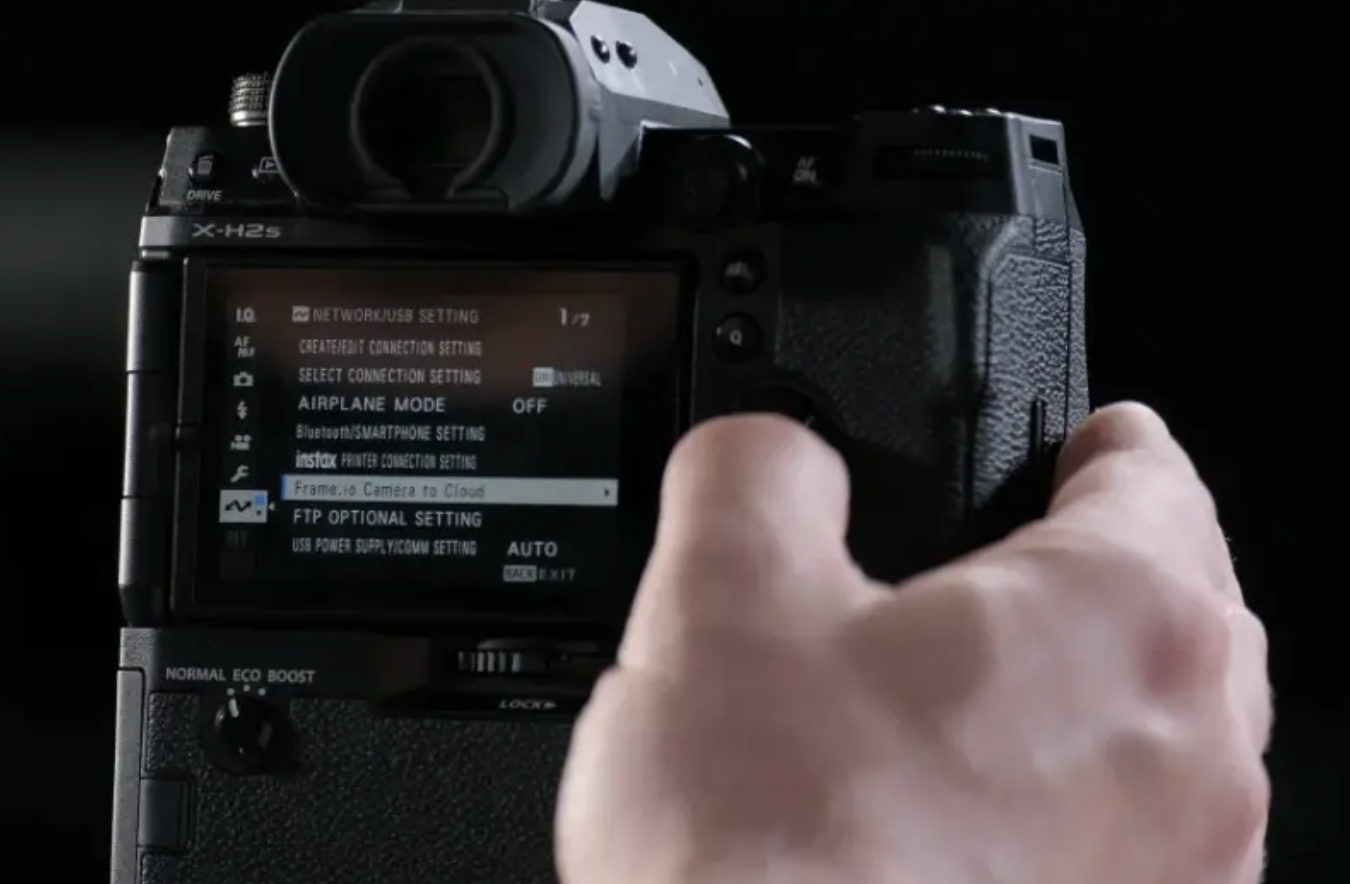Canon steals old tech from Pentax
Canon is stealing Pentax' old idea of using image stabilization to provide anti-aliasing – without adding a filter to a sensor

The best camera deals, reviews, product advice, and unmissable photography news, direct to your inbox!
You are now subscribed
Your newsletter sign-up was successful
Canon is taking a cue from Ricoh, using an old technology trick seen in Pentax cameras to solve the issue of aliasing – without adding an anti-aliasing (AA) filter to its image sensors.
A newly filed patent from Canon reveals that the manufacturer has taken inspiration from the AA Simulation technology debuted by Ricoh in the original Pentax K-3, and subsequently featured in cameras like the Pentax KP and Pentax K-3 Mark III. This uses the in-body image stabilization (IBIS) system to simulate the effects of an AA filter by shifting the image sensor – as you can see in the video below.
• Read more: Best Canon cameras
In case you're wondering what aliasing is, and what an AA filter does, it's basically to do with moiré. This is sometimes seen when photographing things like clothing, where dense repeating details such as lines and dots that exceed a sensor's resolution, and are thus recorded as wavy patterns known as moiré.
To counteract this phenomenon, many cameras use an AA filter on top of the image sensor – this, in effect, de-sharpens your images in order to prevent the fine detail from causing unwanted moiré. The trade-off, of course, is reduced sharpness. As such Canon has gone as far as to release two versions of the same camera, such as the Canon EOS 5DS and Canon EOS 5DS R, one with and one without an AA filter.
Ricoh's AA Simulation, and the new Canon patent (spotted by Northlight Images, courtesy of Canon Rumors), uses the IBIS to optionally shift the image sensor and achieve the equivalent amount of micro-blur as a filter. Which means that, rather than having a permanently de-sharpened sensor with an AA filter on it, users can opt to turn on the AA Simulation as and when it is needed.
According to Northlight, the patent applies to both stills and video – as well as being a component of a potential pixel-shift feature (which quadruples native sensor resolution by taking and stitching a series of shots) where AA filters could also impede performance.
The best camera deals, reviews, product advice, and unmissable photography news, direct to your inbox!
It would make sense for this feature to be rolled out in the long-rumored Canon EOS RS, which is said to have a 90MP sensor and 300MP pixel shift output. Though it's also possible that it could debut in the recently announced Canon EOS R3.
Read more:
Pentax KP review
Canon EOS RS specs
Canon EOS R3 specs
Best Pentax cameras
Canon EOS R hacked

James has 25 years experience as a journalist, serving as the head of Digital Camera World for 7 of them. He started working in the photography industry in 2014, product testing and shooting ad campaigns for Olympus, as well as clients like Aston Martin Racing, Elinchrom and L'Oréal. An Olympus / OM System, Canon and Hasselblad shooter, he has a wealth of knowledge on cameras of all makes – and he loves instant cameras, too.

